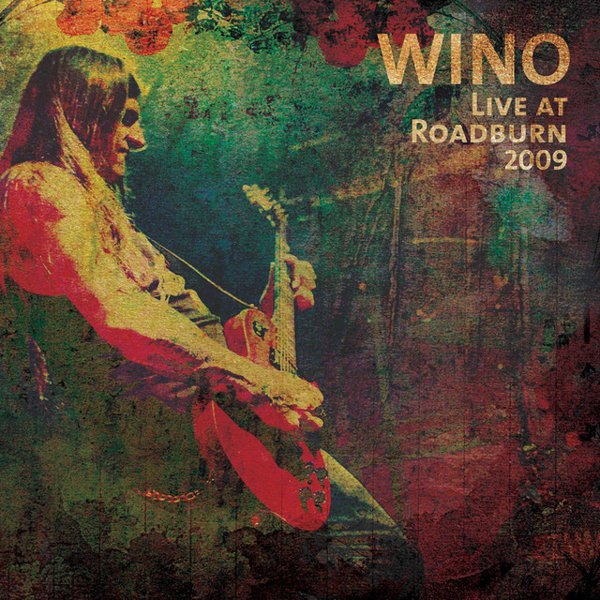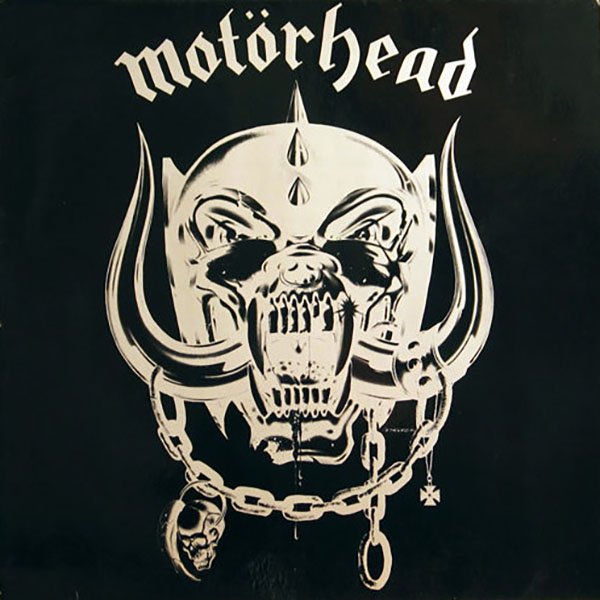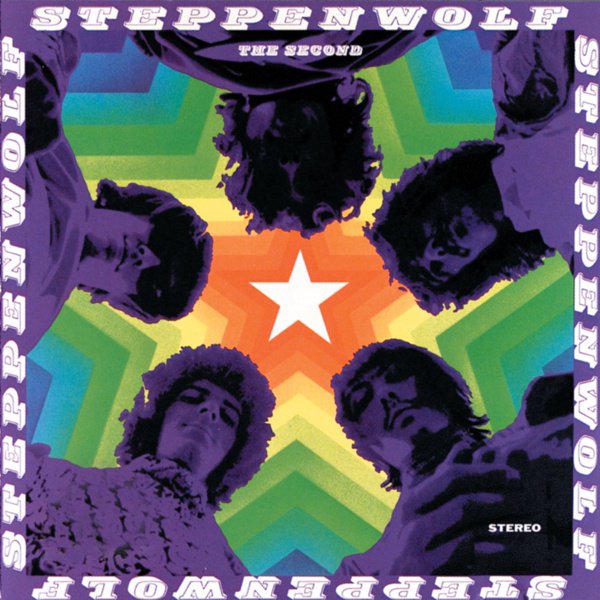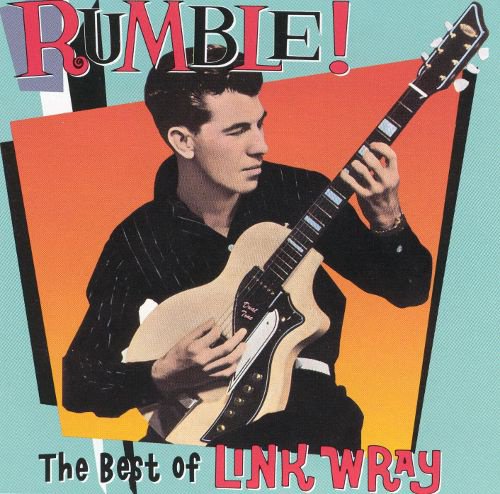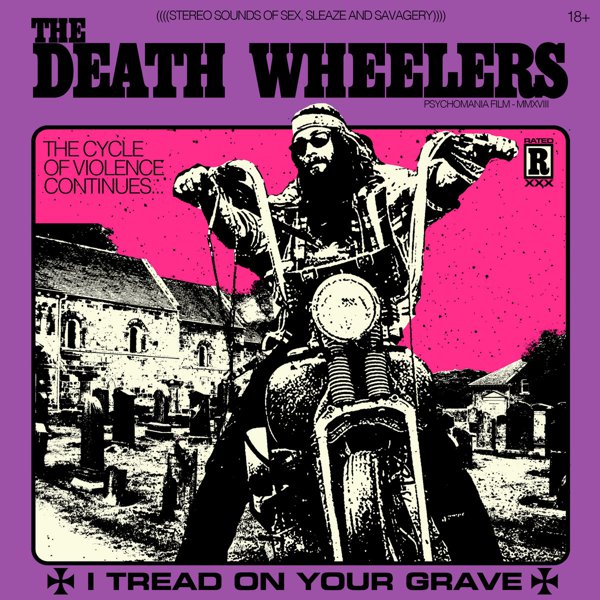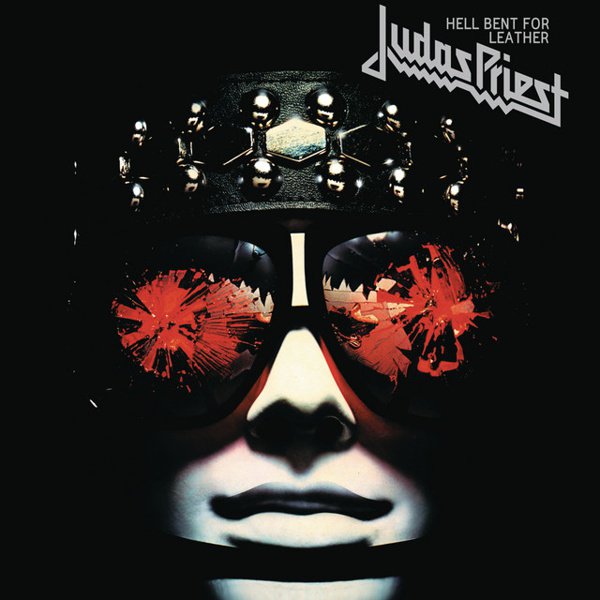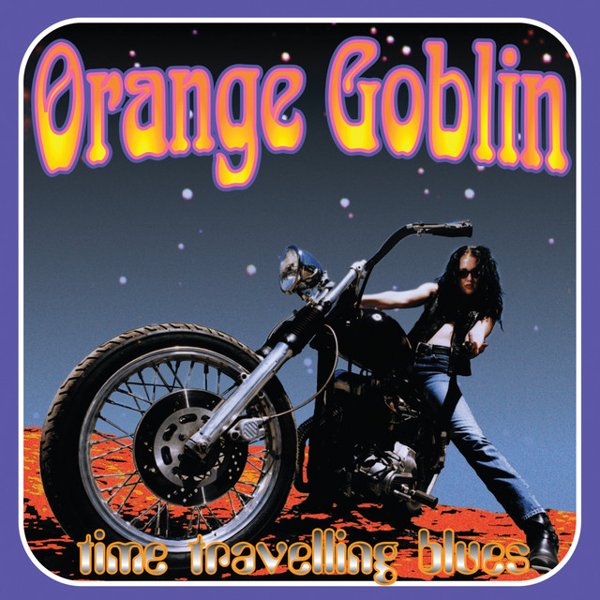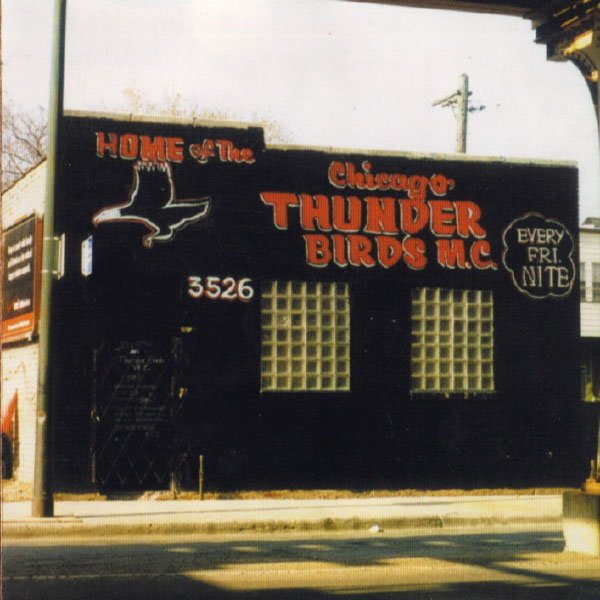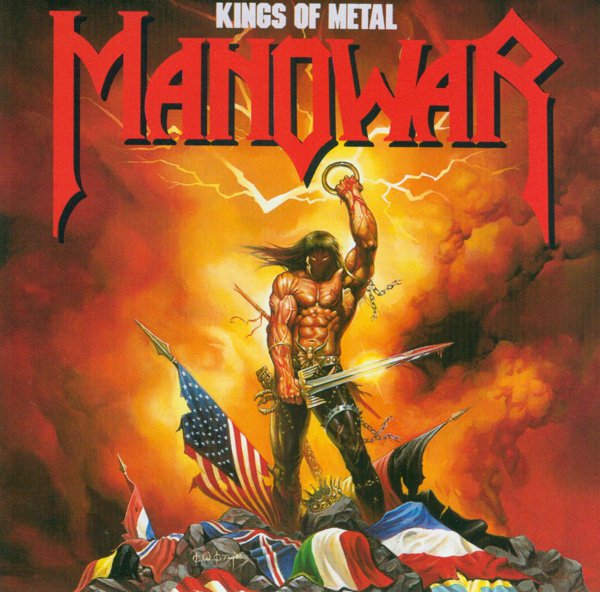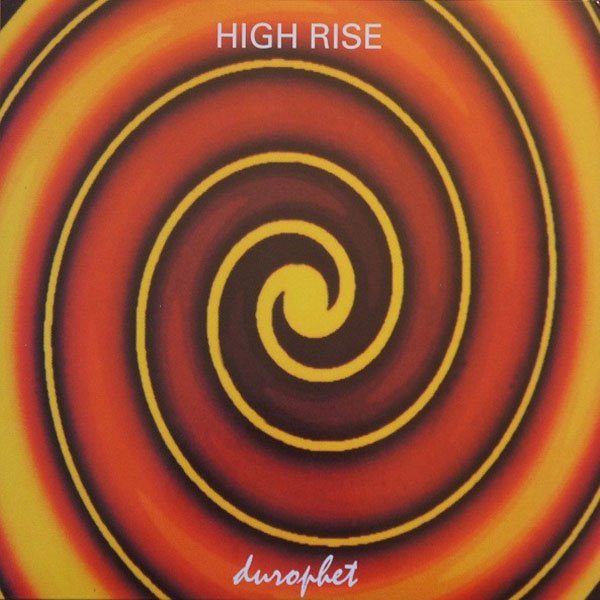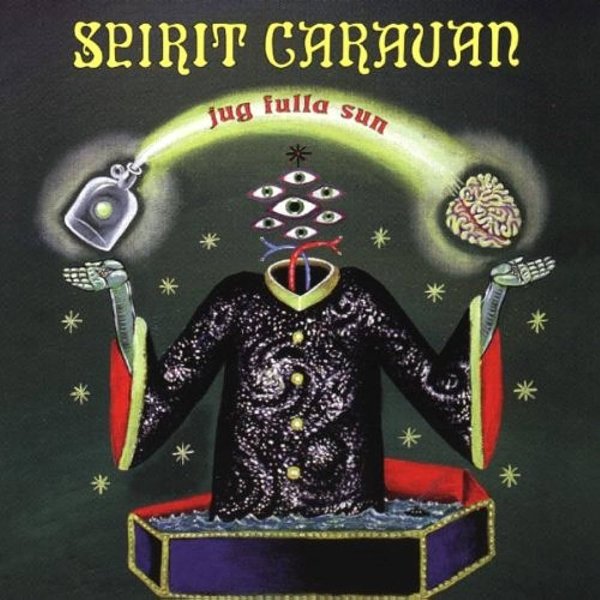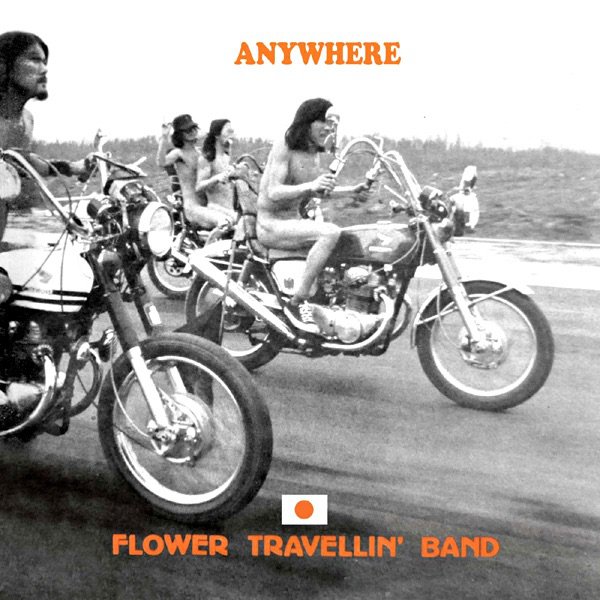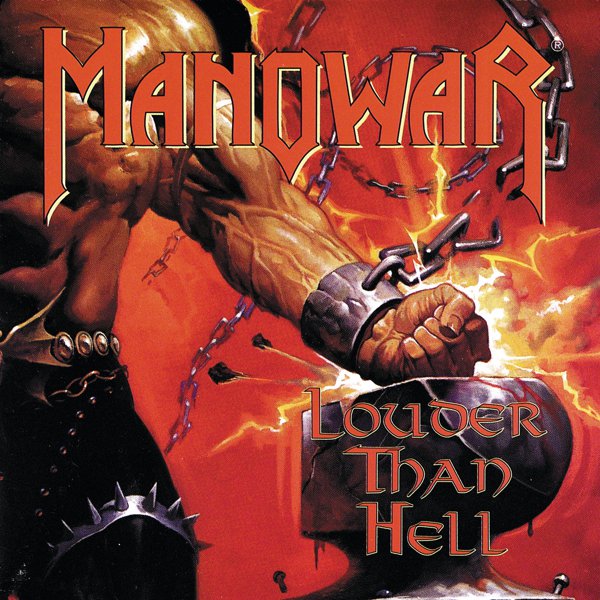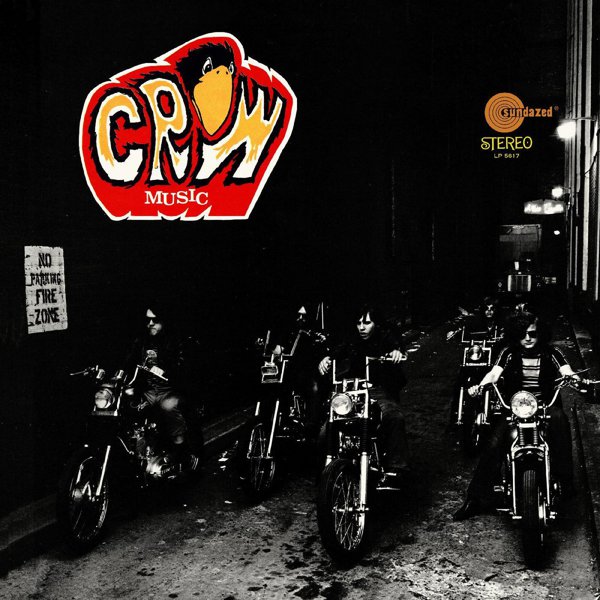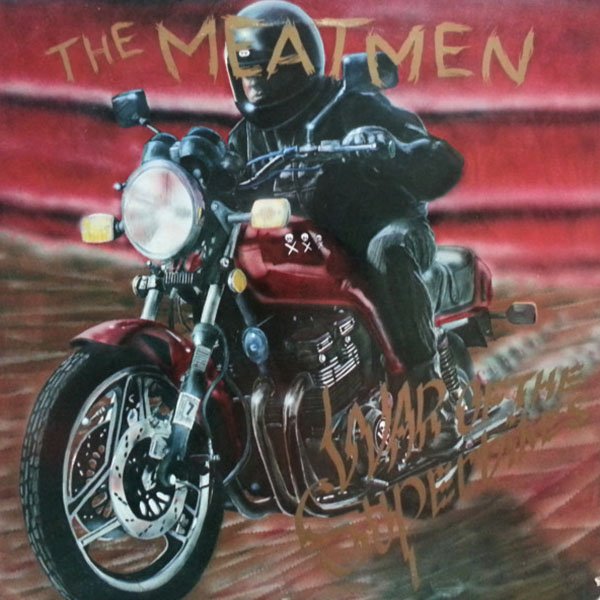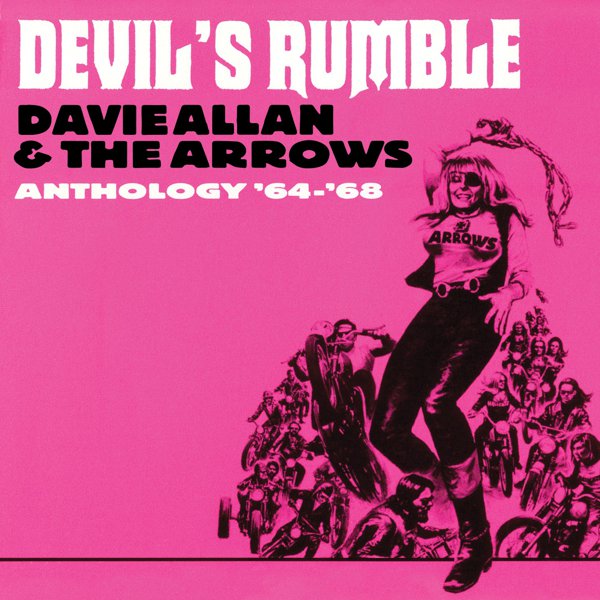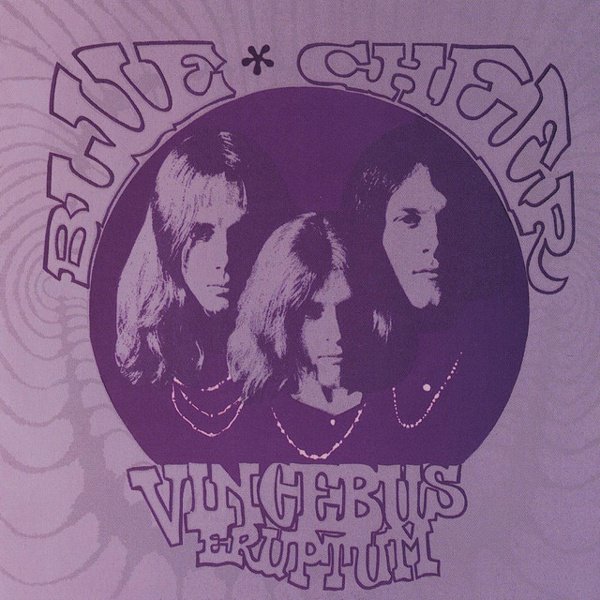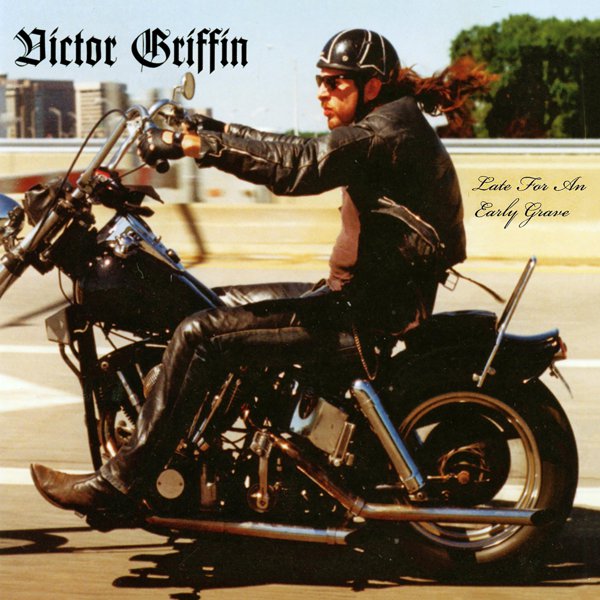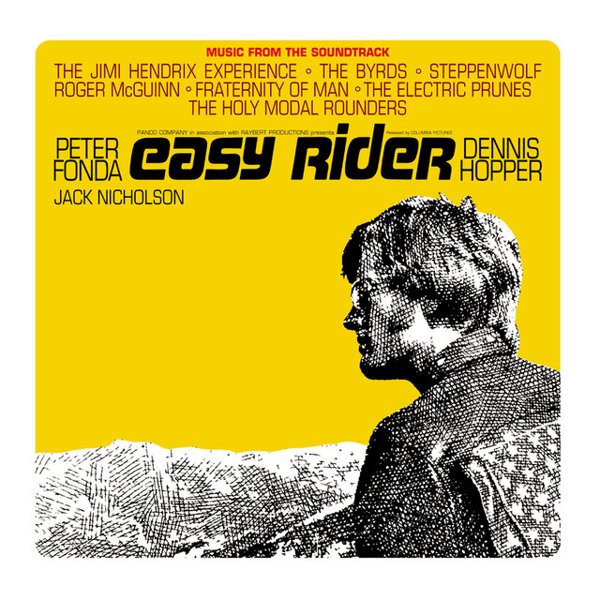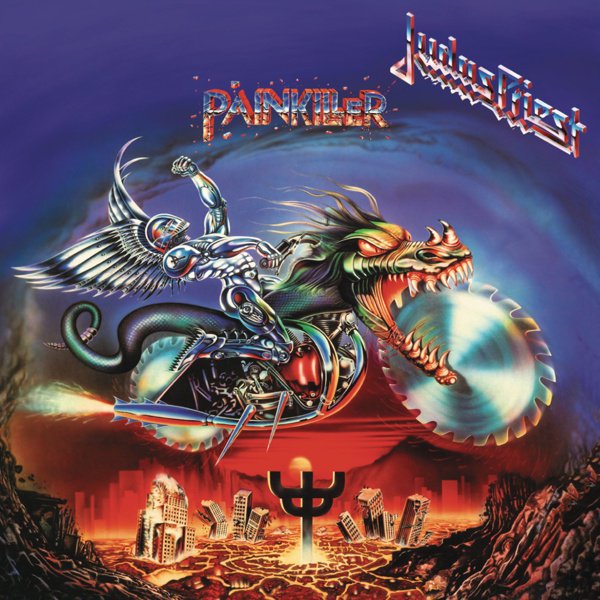Biker rock isn’t a genre, exactly. It might qualify as one if you’re a person whose taxonomical boundaries are wide enough to encompass terms like “freedom rock” or “butt rock,” and honestly, biker rock rides smoothly between those two, its thighs quivering from the vibrations of a Harley-Davidson.
It’s not music made by bikers, though some of its creators have definitely spent time riding hogs; it’s not necessarily songs about motorcycles, though there are plenty of those. It’s more ephemeral than that. Biker rock is music that you could imagine a guy on a tricked-out motorcycle listening to over the roar of his engine as he blasts down the highway or just idles outside your window in the middle of the night, annoying your pets and keeping your children awake.
It all starts with guitarist Link Wray’s instrumental “Rumble,” a simple but ominous workout that started life as an arrangement of the 1950s slow-dance tune “The Stroll” but, thanks to Wray’s scorched amp, quickly became something else — the first instrumental ever to be banned thanks to its potential to incite violence. The Shangri-Las’ “Leader of the Pack” honored the motorcycle-riding bad boy as illicit (and tragic) love object. Guitarist Davie Allan had been a mild-mannered maker of surf instrumentals before discovering a fuzz pedal which turned him into a monster; his theme music for the 1966 biker exploitation movie The Wild Angels (dialogue from which is sampled on Primal Scream’s breakout single “Loaded”) made everyone who heard it want to do wheelies on the interstate. But the ultimate biker rock anthem is of course Steppenwolf’s “Born to Be Wild,” which anchored their debut album and the soundtrack to the 1969 movie Easy Rider. At the same time, the power trio Blue Cheer — managed by an actual Hell’s Angel — bridged the gap between garage rock and what would become heavy metal, and in Japan, Flower Travellin’ Band were working up their own answer to Led Zeppelin, ZZ Top, and Cactus.
Plenty of artists in the hard rock and metal realms have adapted biker iconography over the years, from Lemmy of Motörhead to Manowar and, perhaps most famously, Judas Priest singer Rob Halford, who took the black leather and gleaming studs of gay subculture and turned it into a headbanger uniform. Halford has been riding onstage on a Harley for the encores at Judas Priest concerts for decades. Others, like guitarist Victor Griffin of Pentagram and Place of Skulls and Scott “Wino” Weinrich of the Obsessed, Saint Vitus, Spirit Caravan and more, have created the niche subgenre of biker doom, playing riff-heavy anthems that throb like a Harley in low gear. Japanese acts like High Rise, Guitar Wolf, and Mainliner push psychedelic rock all the way into the red, and Davie Allan’s legacy of themes to movies that exist and ones that don’t is safe in the hands of the Canadian act the Death Wheelers, who wink at the Satanic biker image with affection and good spirits.

